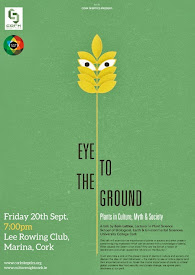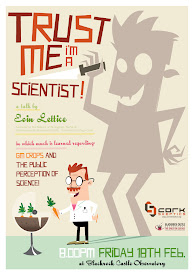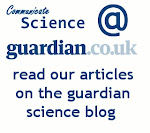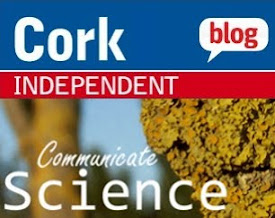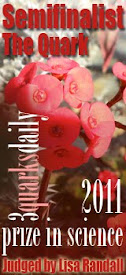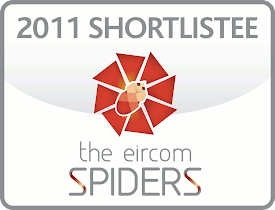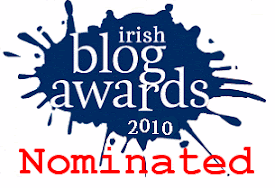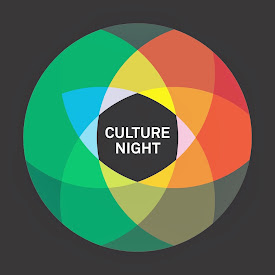If the Irish Examiner were intending to start a real debate about Autism in Ireland they have gone the wrong way about it.
Their publication of a frankly, disastrous
article by Tony Humphreys has been met with widespread anger amongst those working and living with autism.
I'm not an expert on autism so, unlike Humphreys, I will not attempt to put forward my views here. Humphreys' views have been pretty comprehensively trashed
here,
here, here, here and in a number of other fora.
The part of the article I will attempt to grapple with is this. In the opening paragraphs, Humphreys cites some indications that children of engineers, scientists and mathematicians are more likely to be autistic than other children. The argument seems to be based on research by Prof Simon Baron-Cohen from Cambridge.
Speaking about the work elsewhere, Baron-Cohen explains his hypothesis that these parents are more likely to be 'systemisers' - working on tasks and projects which require them to look at systems and how they work such as computer programming, engineering, etc. An interesting hypothesis and the results of the study should be published this year.
Humphreys however, decided to take a much darker, decidedly less scientific angle on these results:
Baron-Cohen and his researchers are
"missing the glaringly obvious fact that if the adults they researched live predominantly in their heads and possess few or no heart qualities, their children will need to find some way of defending themselves against the absence of expressed love and affection and emotional receptivity" he wrote.
"After all, the deepest need of every child is to be unconditionally loved and the absence of it results in children shutting down emotionally themselves because to continue to spontaneously reach out for love would be far too painful."
If we read through the psychobabble, what Humphreys is saying here is such a stereotypical and insulting view of scientists and engineers that it is really worth tackling. His argument that scientists and engineers are lacking "heart qualities" (whatever they are) like Data from Star Trek or Sheldon from The Big Bang Theory would be hilarious were it not equally so insulting.
As a scientist and expectant father, I take offence at being labelled so ridiculously in this way. Humphreys article is lacking in almost any real science - perhaps this explains his stereotypical view of the scientific community.
The
Irish Examiner, unfortunately has decided to support Humphreys, while carefully perched on the fence. In an
editorial published this morning they expressed
"regret" for the
"obvious hurt caused by Dr Humphreys’ comments" but, they stood by his right to express them.
The editorial made clear that the paper had been heavily criticised for publishing the column in its
Feelgood supplement, which is distributed in print form only every Friday.
The newspaper published a number of letters concerning the article in today's edition. Of the seven letters published, just one was supportive of Humphreys.
Prof. Kevin Mitchell, professor of genetics and neuroscience at Trinity
wrote that Humphreys' article showed
"such willful ignorance, lack of understanding and density of inaccurate and offensive statements that it is shocking that the Irish Examiner would publish it".
"This kind of psychobabble", Mitchell said
"has been discredited for decades".
It's interesting that in a week that has seen the Chairman of Thomas Crosbie Holdings (the media group that publishes the
Irish Examiner)
call for a share of the new public service broadcasting charge, the newspaper should publish an article which does so little service to the public. Alan Crosbie noted that
"Public service is not something RTÉ owns…It is a public service for any organisation to devote professional people to finding out, fact checking and publishing information in the public good".
In his speech to a conference on media diversity in Dublin, Crosbie noted:
"The key difference between the information the reader of one of those solid Sunday newspapers chews through, and many other sources of information is that the newspaper stuff has been gathered by trained, professional reporters, filtered by trained, professional editors, considered, in some cases, by lawyers, sub-edited and double-checked before it arrives with the reader.”
It's unfortunate then, that given the supposed public service element of the
Irish Examiner and the layers of reporters and editors involved, that the newspaper allowed such an article to be published. That they stand by it in today's editorial is even worse.














